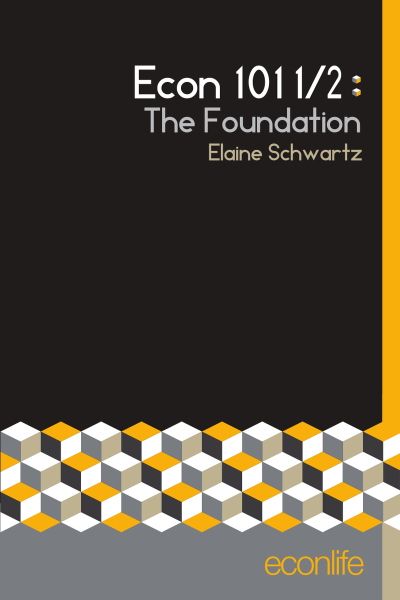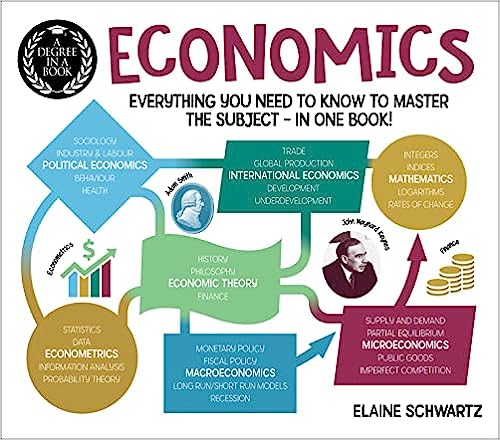As the pill, education and employment opportunities changed the value of women as wives, the tradeoffs that relate to being married have also changed.
Weekly Roundup: From Hot Hands to Sunk Costs
The behavioral economics ideas from our everyday economics are confirmation, expectations and projection bias, frames, temporal discounting and sunk costs.
The Eurozone Sunk Cost Problem
People and nations might perpetuate a bad investment because they look back at their past sunk costs. Instead they should compare future cost and benefit.
One Reason We Think a High Price Looks Low
Through a behavioral economics lens, our reaction to a price relates to a frame or reference point that creates an association with a gain or a loss.
Can Economists See the Hot Hand?
With implications that extend beyond sports, believers in classical economics and in behavioral economics are debating whether players can have streaks.
Why Are We Still Short on Female CEOs?
In behavioral economics, expectations bias studies on rats from Robert Rosenthal show how the small number of female CEOS is a self-fulfilling prophecy.
Explaining the Health Club Memberships We Don’t Use
Behavioral economics explains that we sign up for health clubs and then don’t exercise because of unrealistic pre-commitment and upfront payment.
Weekly Roundup: From Drinking Behavior to Dating Decisions
This week’s everyday economics involved 6 economists and such ideas as product differentiation, behavioral economics, marginal utility, price and trade.
How Men Act When They Outnumber Women
How gender ratios in the U.S. and China affect men’s financial behavior can be explained with supply and demand and behavioral economics from Gary Becker.

















